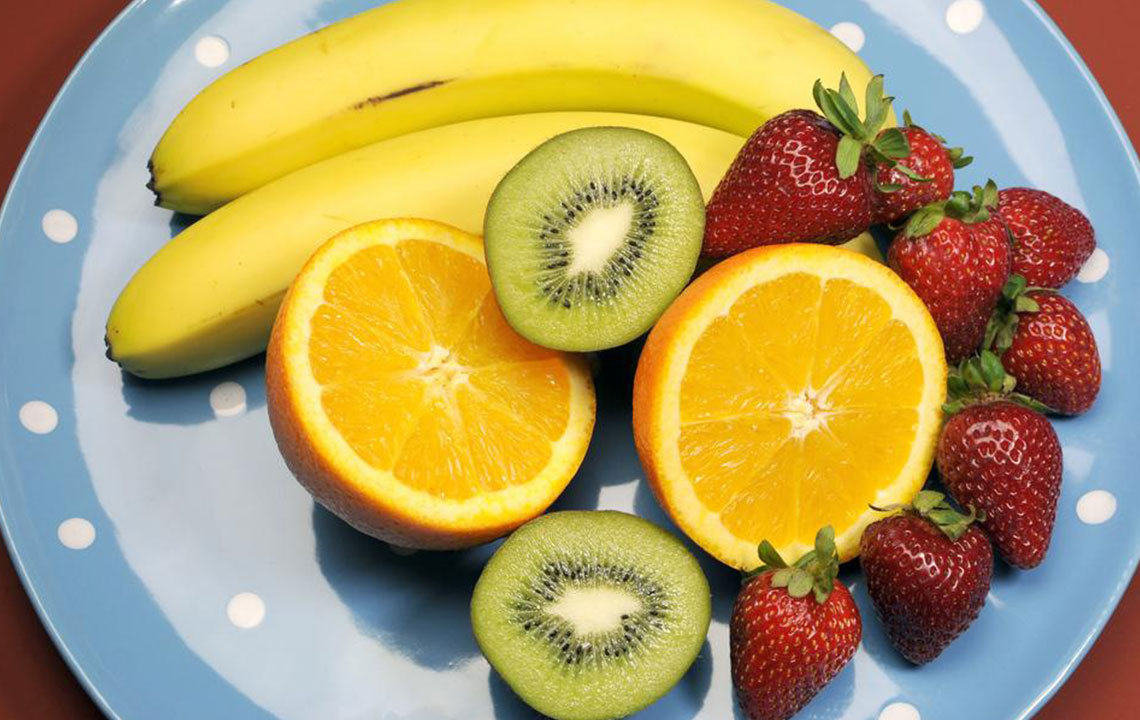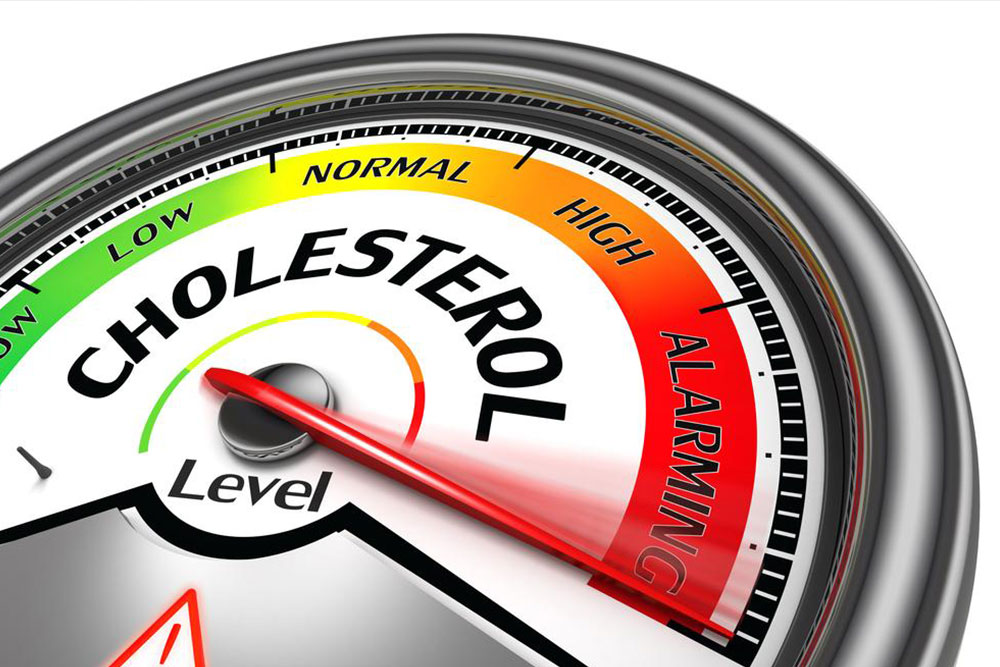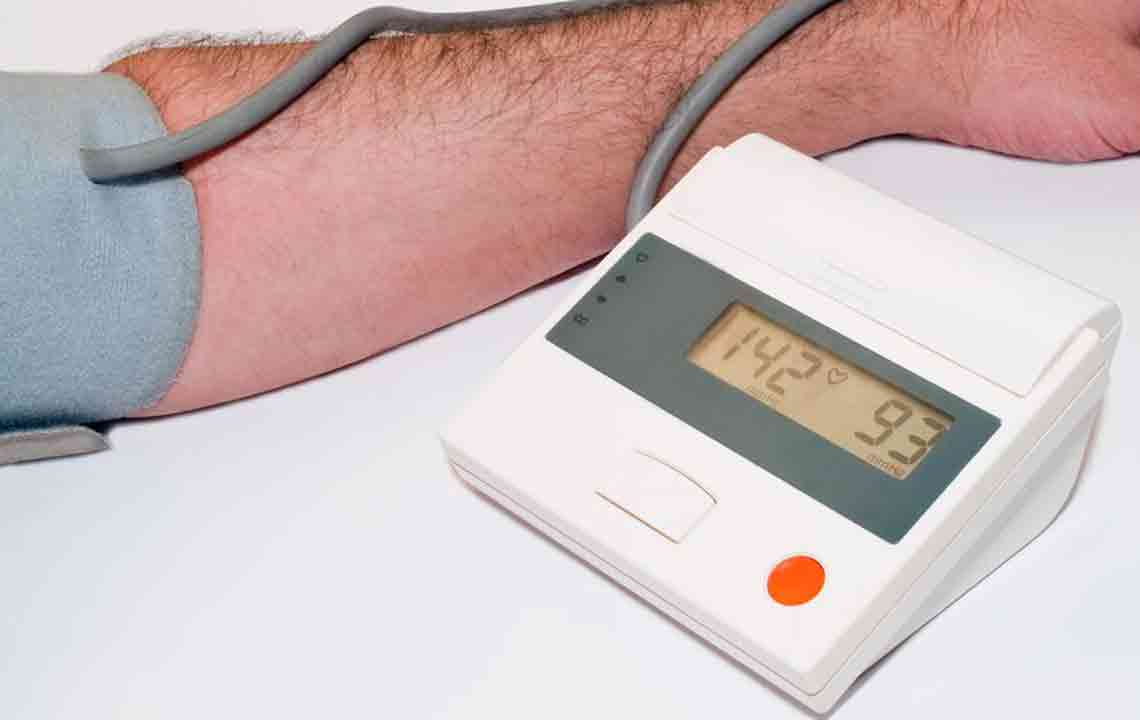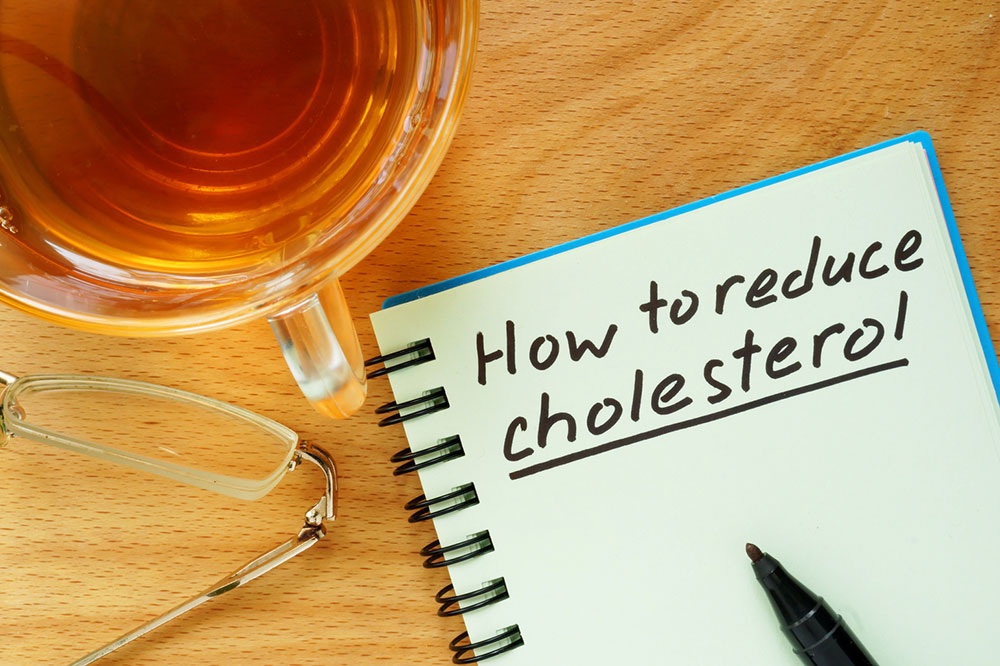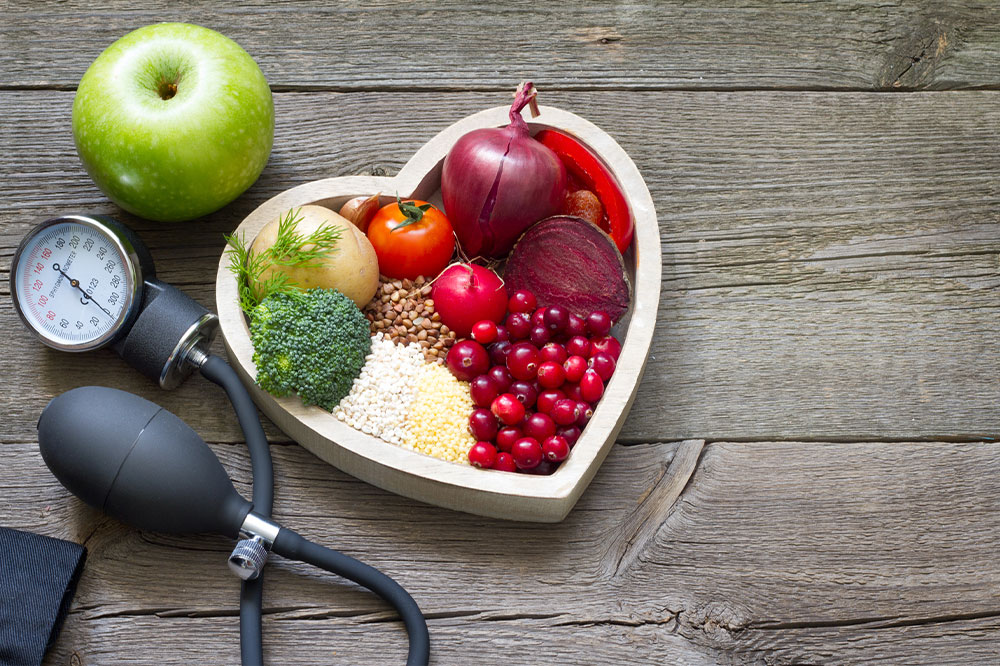Comprehensive Guide to Naturally Lowering Your Cholesterol Levels for Better Heart Health
This comprehensive guide explores natural strategies to lower high cholesterol levels, emphasizing diet, exercise, and lifestyle modifications. It covers essential nutrients, habits, and foods that promote heart health, helping you reduce dependency on medications and protect your cardiovascular system effectively. A healthier heart and improved longevity can be achieved through consistent, natural practices tailored to everyday life.
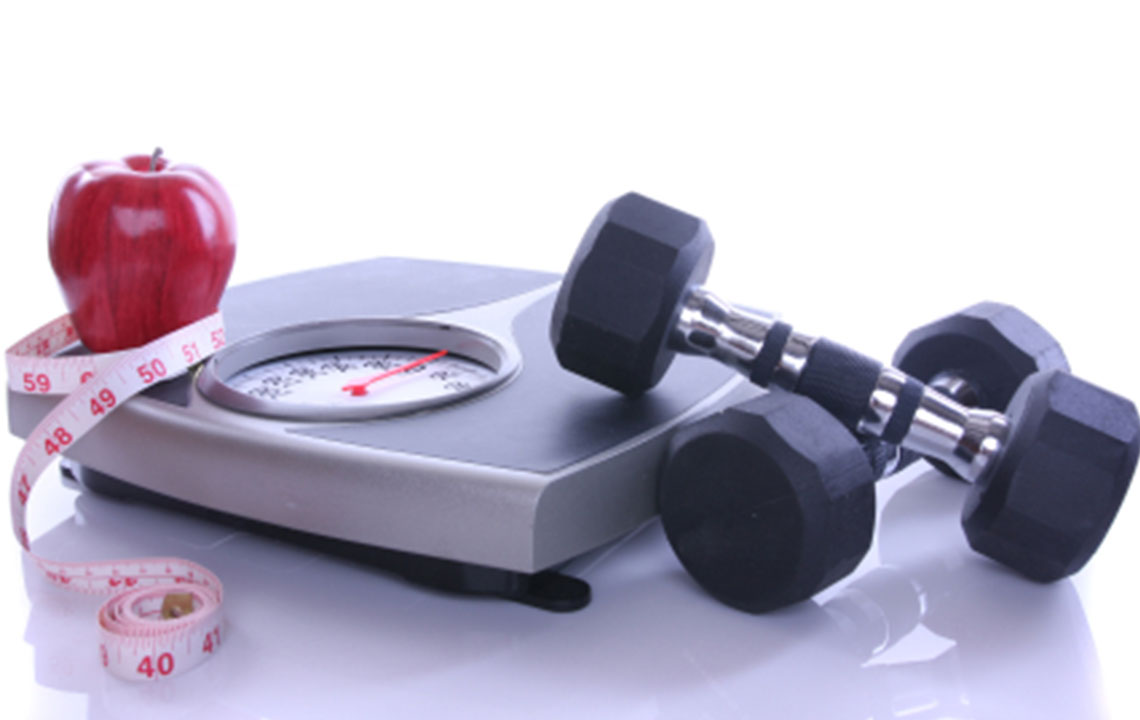
Effective Natural Strategies to Reduce High Cholesterol and Improve Cardiovascular Wellness
High cholesterol levels are a significant concern worldwide, contributing substantially to heart disease, stroke, and other cardiovascular conditions. Elevated low-density lipoprotein (LDL) cholesterol, often termed "bad cholesterol," can clog arteries and increase the risk of life-threatening events. Consequently, managing cholesterol is essential for maintaining a healthy heart and overall well-being. While medications are commonly prescribed to control cholesterol, adopting natural, lifestyle-based methods can be highly effective in reducing cholesterol levels sustainably, with minimal side effects.
Understanding how to naturally lower cholesterol involves a comprehensive approach that combines dietary choices, physical activity, and other health-conscious behaviors. This article explores proven and practical ways to lower your cholesterol naturally, emphasizing the importance of lifestyle adjustments over medication dependency for long-term health benefits.
Prioritize Heart-Healthy Eating Habits: One of the most impactful strategies to combat high cholesterol is through mindful dietary choices. Limiting foods rich in saturated fats, such as red meats, butter, and full-fat dairy products, is crucial. Instead, opt for lean proteins like skinless poultry, fish, and plant-based sources. Incorporate more fruits, vegetables, whole grains, and legumes into your diet, which are naturally high in dietary fiber—a key component in lowering LDL cholesterol.
Eliminate trans fats, often found in fried foods, baked goods, and processed snacks, as they significantly increase LDL cholesterol levels. Always check food labels for trans-fat content (<0.5g per serving) to make healthier choices. Additionally, embrace omega-3 fatty acids—powerful nutrients for heart health—by consuming fatty fish like salmon, mackerel, sardines, and supplements such as walnuts, flaxseeds, and chia seeds. These fats are known to boost HDL (good cholesterol) and reduce inflammation.
Increasing soluble fiber intake through foods such as oats, barley, apples, oranges, carrots, and beans is another effective strategy. Soluble fiber binds with LDL cholesterol in the digestive system, facilitating its removal from the body. Incorporate whey protein into your diet, which research indicates can help lower LDL levels and improve vascular health.
Engaging in regular physical activity is indispensable for cholesterol management. Activities such as brisk walking, jogging, swimming, cycling, or aerobic classes can raise HDL cholesterol—the "good" cholesterol—while lowering LDL. Aim for at least 150 minutes of moderate exercise each week, breaking it down into sessions of 30 minutes or more. Consistency is key to seeing tangible benefits.
Quitting smoking is another powerful step toward better cholesterol levels and improved overall cardiovascular health. Smoking reduces HDL cholesterol and damages blood vessels, increasing the risk of atherosclerosis. Combining smoking cessation with a balanced diet and regular exercise can significantly enhance your heart health.
Maintaining a healthy weight is fundamental in controlling cholesterol levels. Excess weight, especially around the abdomen, correlates with higher LDL and lower HDL cholesterol. A balanced diet paired with physical activity aids weight loss and improves lipid profiles. Additionally, engaging in laughter and stress reduction techniques can indirectly influence cholesterol by decreasing stress-induced inflammation.
Alcohol consumption should be moderated, as excessive intake can elevate triglycerides and LDL cholesterol, increasing cardiovascular risks. Moderate drinking entails up to one standard drink per day for women and up to two for men, aligning with health guidelines.
Incorporate nutrient-dense foods to support your heart health. Fatty fish such as salmon, sardines, and mackerel are rich in omega-3 fatty acids that lower triglycerides and improve cholesterol balance. Nuts, especially almonds and walnuts, provide healthy fats, magnesium, and antioxidants. Dark chocolate with high cocoa content can also positively influence cardiovascular health due to its flavonoid content.
Vitamin C-rich fruits like citrus fruits, strawberries, and bell peppers assist in maintaining vascular integrity and reducing arterial inflammation. Additionally, garlic, particularly when consumed fresh, has been shown to lower total cholesterol and blood pressure. Vitamin K2, found in certain dairy products and meats, plays a role in preventing arterial calcification, thus supporting healthy blood vessels. Extra virgin olive oil, a staple of the Mediterranean diet, provides monounsaturated fats that protect heart health. Blueberries, packed with antioxidants, reduce oxidative stress and improve blood vessel function.
Implementing these lifestyle and dietary changes consistently over time leads to substantial reductions in cholesterol levels, ultimately decreasing the risk of cardiovascular disease. Natural management of cholesterol is a sustainable approach that promotes overall health, integrating simple practices into everyday routines to achieve long-lasting results.
